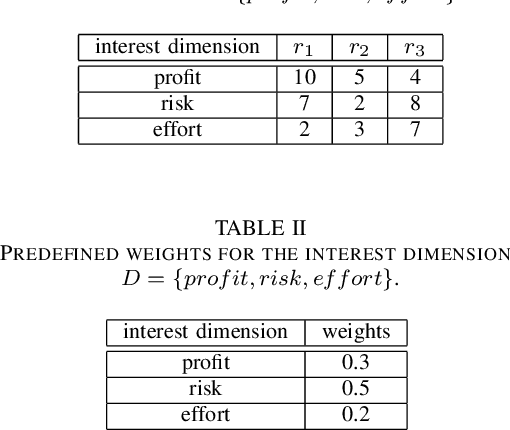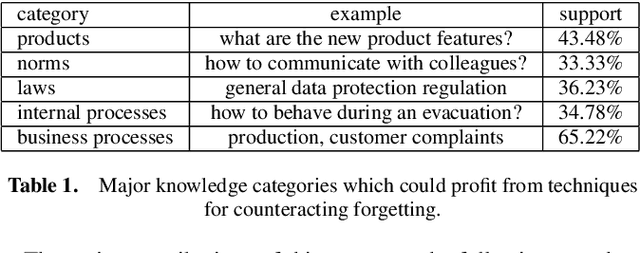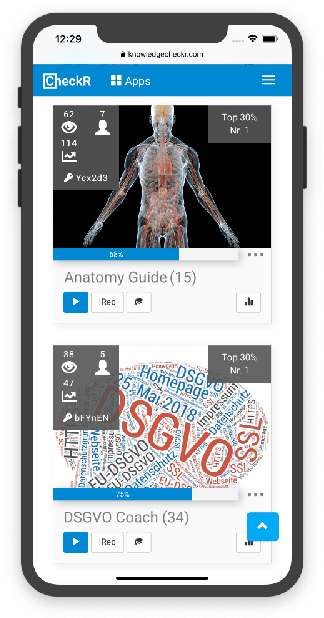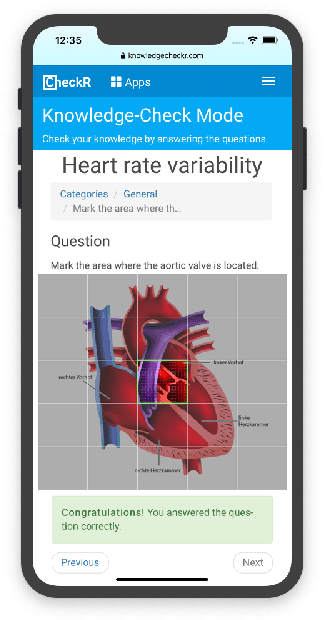Ralph Samer
Towards Utility-based Prioritization of Requirements in Open Source Environments
Feb 17, 2021



Abstract:Requirements Engineering in open source projects such as Eclipse faces the challenge of having to prioritize requirements for individual contributors in a more or less unobtrusive fashion. In contrast to conventional industrial software development projects, contributors in open source platforms can decide on their own which requirements to implement next. In this context, the main role of prioritization is to support contributors in figuring out the most relevant and interesting requirements to be implemented next and thus avoid time-consuming and inefficient search processes. In this paper, we show how utility-based prioritization approaches can be used to support contributors in conventional as well as in open source Requirements Engineering scenarios. As an example of an open source environment, we use Bugzilla. In this context, we also show how dependencies can be taken into account in utility-based prioritization processes.
KnowledgeCheckR: Intelligent Techniques for Counteracting Forgetting
Feb 15, 2021



Abstract:Existing e-learning environments primarily focus on the aspect of providing intuitive learning contents and to recommend learning units in a personalized fashion. The major focus of the KnowledgeCheckR environment is to take into account forgetting processes which immediately start after a learning unit has been completed. In this context, techniques are needed that are able to predict which learning units are the most relevant ones to be repeated in future learning sessions. In this paper, we provide an overview of the recommendation approaches integrated in KnowledgeCheckR. Examples thereof are utility-based recommendation that helps to identify learning contents to be repeated in the future, collaborative filtering approaches that help to implement session-based recommendation, and content-based recommendation that supports intelligent question answering. In order to show the applicability of the presented techniques, we provide an overview of the results of empirical studies that have been conducted in real-world scenarios.
 Add to Chrome
Add to Chrome Add to Firefox
Add to Firefox Add to Edge
Add to Edge